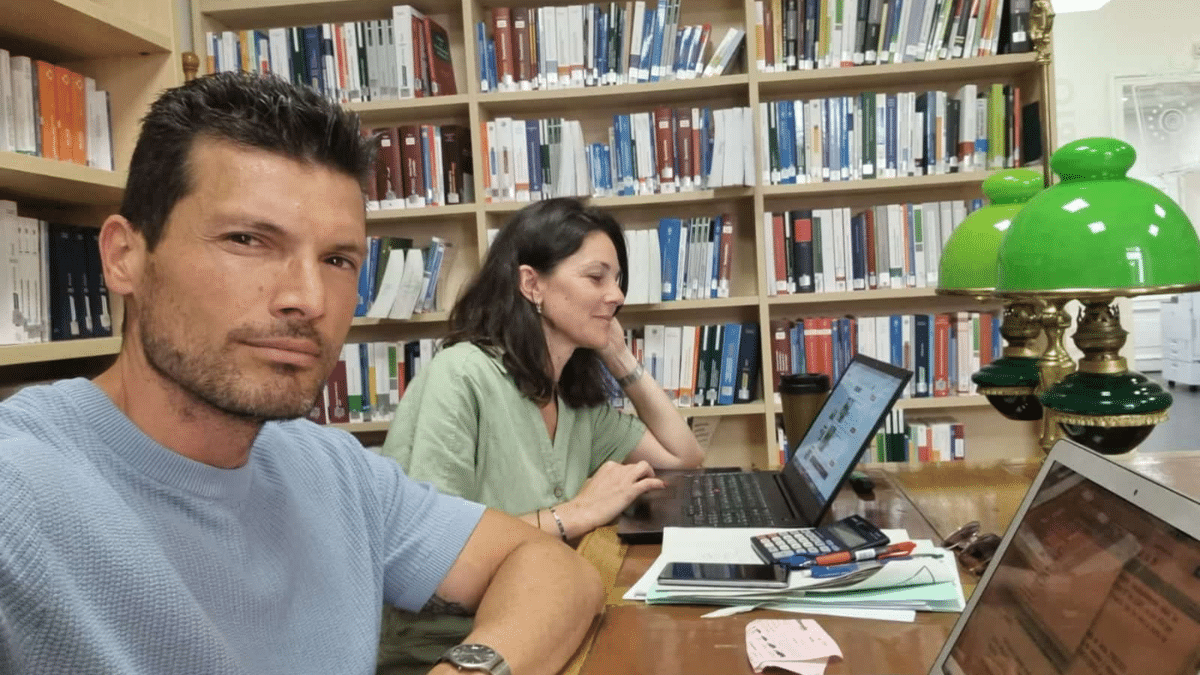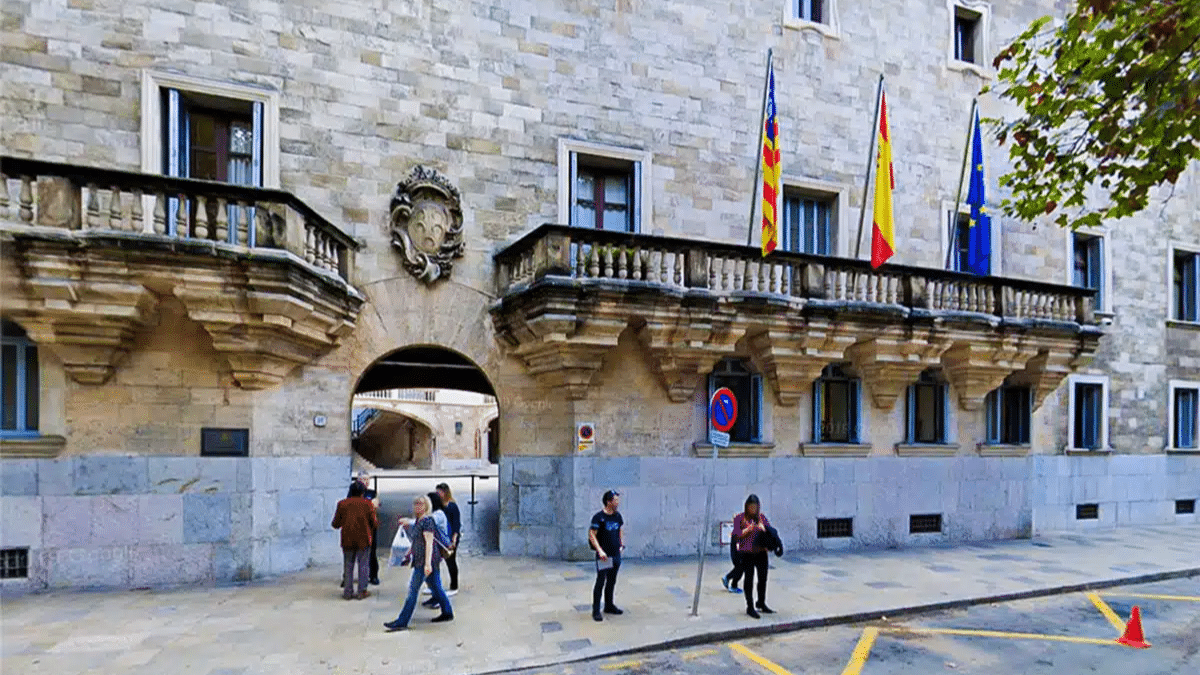
Lawyer Javier Sanz starts a hunger strike to protest against the conditions of the legal aid office
Several years ago, the lawyer specialising in gender violence – she changed her sex at the Civil Registry – Javier Sanz went on an 11-day hunger strike to demand better pay for public defence lawyers in Castellón, at the end of which “they raised the rates and made retroactive payments”, in his own words.
Now he is doing the same thing again “because of the situation at national level”. “It’s about making noise, and the biggest noise is silence and fasting,” he says.
“Every day I will lose a kilo, but from the seventh day onwards you lose less,” says Sanz, who promises that he will record himself every day of the strike to record his weight loss. He points out as reasons for his protest that “the current scales mean that we are charged 2 euros per hour, that many performances are not charged and some are not barred”, something that generates “great anger and frustration”.
“Last time, some colleagues came to support and others were annoyed, I am exposing myself as a lawyer to a lot of media noise,” Javier Sanz says.
Asked about his conditions for suspending the strike, Sanz demands that “they [duty solicitors] be treated with respect and that all actions be recognised”. “We provide an essential service as freelancers, but they seem to consider giving us compensation instead of remuneration, as if it were a handout,” he says. “We are treated as the last link, but if that link breaks, the administration of justice falls down”.
“Some judges treat us with humiliating manners in front of our clients, who see it, and then they shout at us or threaten us,” he laments, pointing out that if lawyers were to address the judge in the same way, it would be considered contempt of court. Furthermore, he includes the Minister of Justice in this accusation of negligence, as “she doesn’t even [receive them],” he says.
In this sense, the first step, he says, would be to increase the scales and to pay for travel mileage. He points to the differences between Catalonia and the Basque Country, where “they can earn up to twice as much” as in other communities. “Perhaps we should be better activists to try to reach their level,” he adds, pointing out that “lawyers have to be independent”.
BUREAUCRATIC BURDEN ON LAWYERS
He also calls for lawyers to stop doing work that is not theirs to do, referring especially to bureaucratic tasks. The solution: “We need the electronic file now so that we are no longer dependent on civil servants.
According to Javier Sanz, who applied for a change of his registry sex in March this year, the filing system is “obsolete”, something that “creates more problems and bottlenecks”.
Another aspect is that it is still up to lawyers to locate clients who have been denied legal aid after they have defended themselves. The forms to determine whether the client is entitled to their services and the creation and deposit of the cheque are also the lawyers’ responsibility, says Sanz. Sometimes we make a mistake, the cheque is cancelled, and we have to repeat it,” she says, adding that “it’s a huge bureaucratic burden to charge a pittance”.
The lawyer admits that she does not know how far she is prepared to go with the hunger strike. “I don’t think about it,” she says. But even in these circumstances, she continues to work as she did before, as in other instances where she also has to practice. “We have no parental leave, no holidays and no time off,” he criticises. “We lawyers are slaves to justice”.












